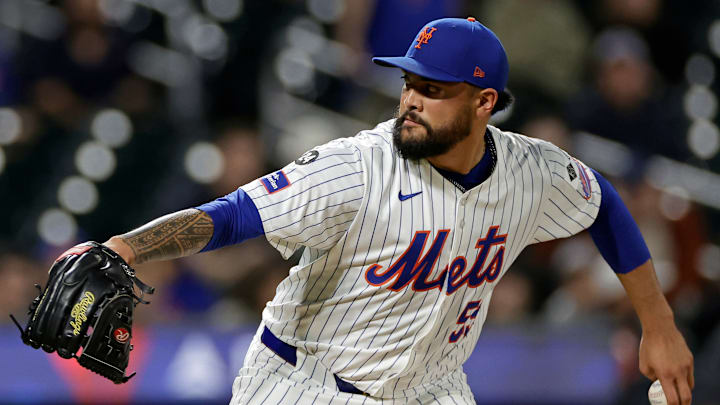Adjustment No. 3: Be more aggressive on the basepaths
The final adjustment I'd advocate for is a more aggressive baserunning approach. We all saw how the Brewers ran the Mets ragged last round, and while the Mets don't have the same team speed as Brice Turang, Jackson Chourio and the rest of the Brewers, they have a lineup that can do a lot more than play station-to-station.
Francisco Lindor, Harrison Bader, Starling Marte, Brandon Nimmo, Tyrone Taylor and Jose Iglesias combined for 94 stolen bases in the regular season. In five playoff games, that group has two.
Runs are hard to come by in the playoffs, especially against a pitching staff as talented as Philly's. The Mets need to exert maximum pressure on the basepaths to manufacture some runs, whether that means stealing or even employing a hit-and-run on the rare occasion. The Mets have shown an increased ability to go the other way and shoot singles through the hole between the first and second basemen. That's the perfect hit-and-run play, and guys like Iglesias, Marte, Bader, Nimmo and Lindor have the bat control to get it done.
J.T. Realmuto has been great at throwing out would-be base thieves during his career, but he's slipped the past two years, with opposing runners boasting a 79% success rate. That's been in line with Nola's 75% rate allowed in that same time frame, which is no surprise since Realmuto typically catches for him.
It might sound oversimplistic, but the team that's less afraid is going to win this series. Will the Phillies' confidence after stealing Game 2 carry over into Game 3, or will the Mets prove their resiliency once again? If we see them attacking the first pitch, being courageous enough to let Manaea pitch deep into the game, and running wild on the bases, I think we'll have our answer.
